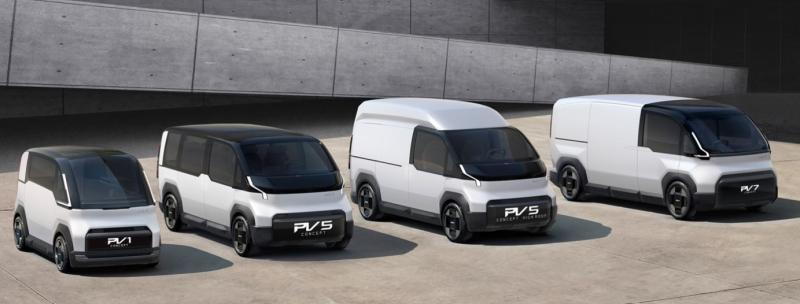CES 2024 is once again not only a consumer electronics show, and its organizer CTA has steadily increased the presence in recent years of automotive and equipment vendors, often with a crossover between applications that would often be considered for consumers for adoption by industry. One example is the use of virtual and mixed reality hardware with industry-focused software.
In that example, Siemens ratcheted up the older idea of the industrial metaverse with a partnership with Sony and a mixed-reality head mounted display under development to use Siemens’ Xcelerator software.
At least conceptually when available later in 2024, engineers will be empowered to bring together the virtual and physical world to work, the companies said Monday. By combining Sony technologies and Siemens’ expertise in engineering, the two companies will enable more immersive engineering for the daily work of designers and engineers, according to Yoshinori Matsumoto, officer in charge of technology for Sony.
Intuitive interaction and realistic rendering capabilities will be possible, Matsumoto said.
Sony’s head-mouinted device features 4K OLED microdisplays and controllers for interacting with 3D objects. Siemens will release NX Immersive Designer software “later in 2024,” the company said.
While automobile makers have steadily been attending the show in recent years, starting at the first of the Covid pandemic, this year marks the first appearance by South Korean makers Kia and Hyundai.
Kia presented to media on Monday a futuristic concept for modular mobility, with vehicles that could eventually be converted from transporting goods and people to small storefronts and homes.

Called Platform Beyond Vehicle, the project envisions 150,000 PBVs in 2025 that provide flexibility for shipping and other needs. The chassis will allow easy maneuvering with wheels that operate independently and a bed that can be lowered and raised. Five versions of the vehicle were on display.
Hyundai opened the event with a discussion of its vision for hydrogen energy, from production to storage, transport and use. It also announced a Software-defined Everything strategy to connect devices, fleets and other assets with AI and other software.